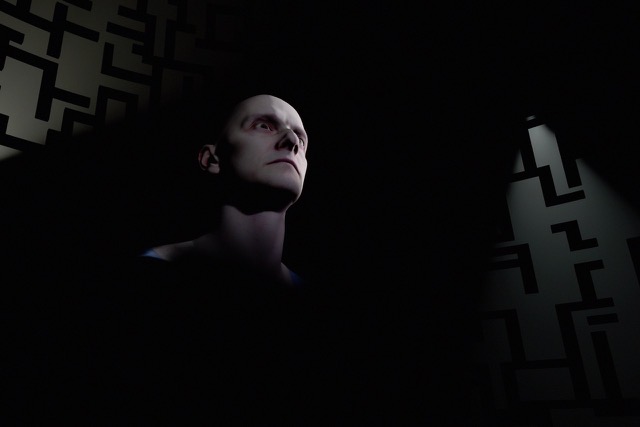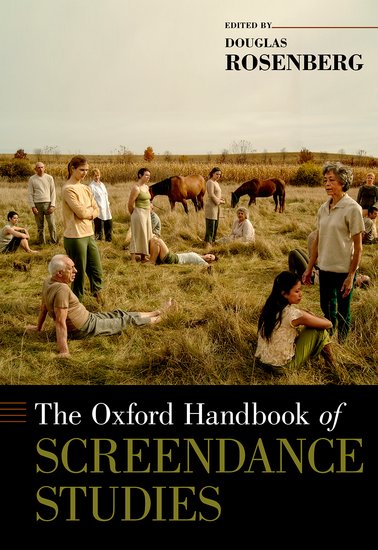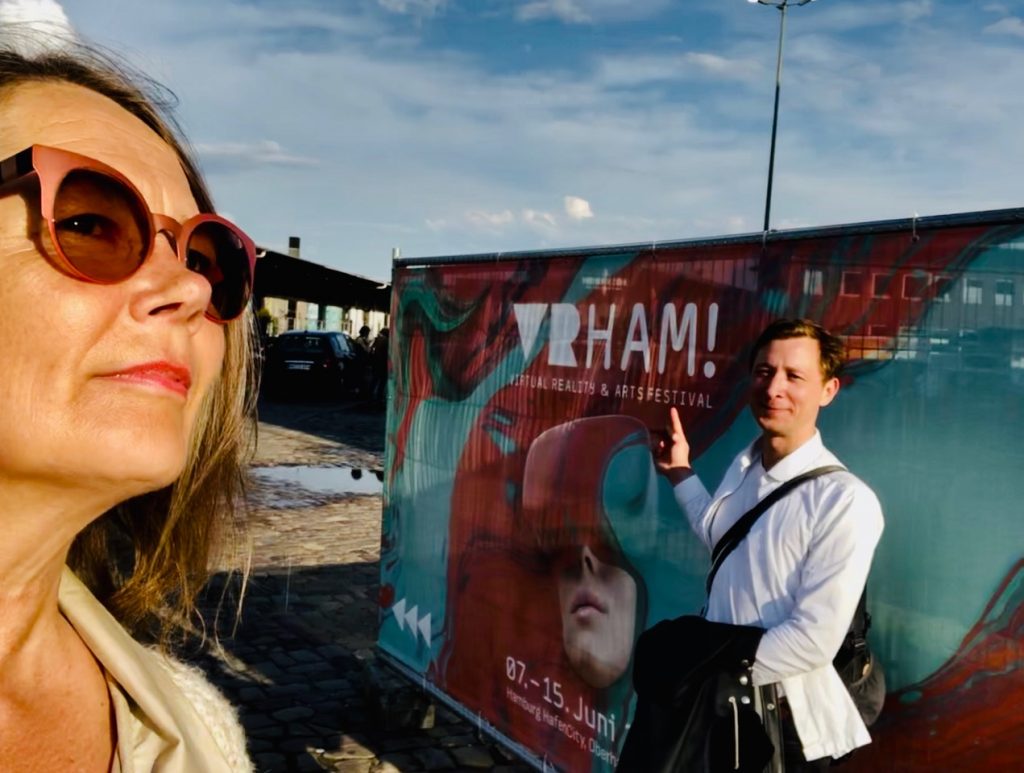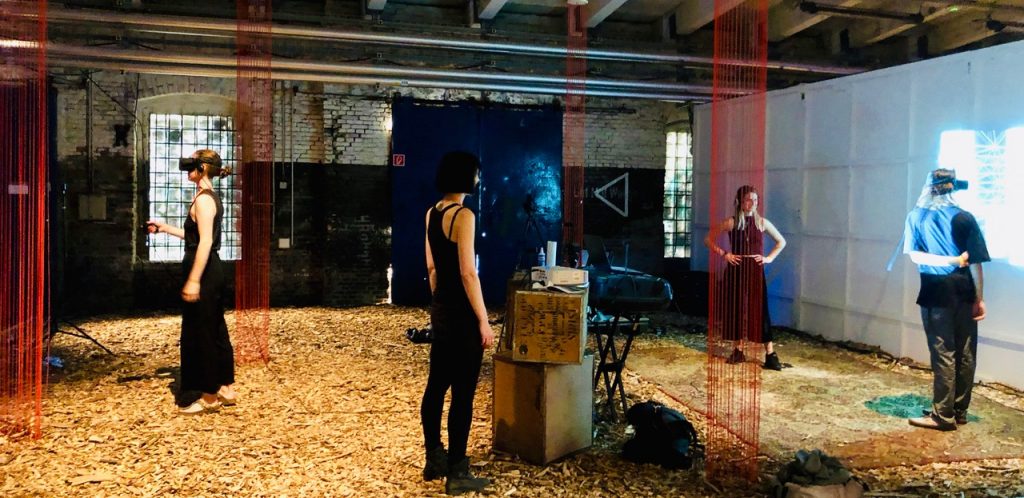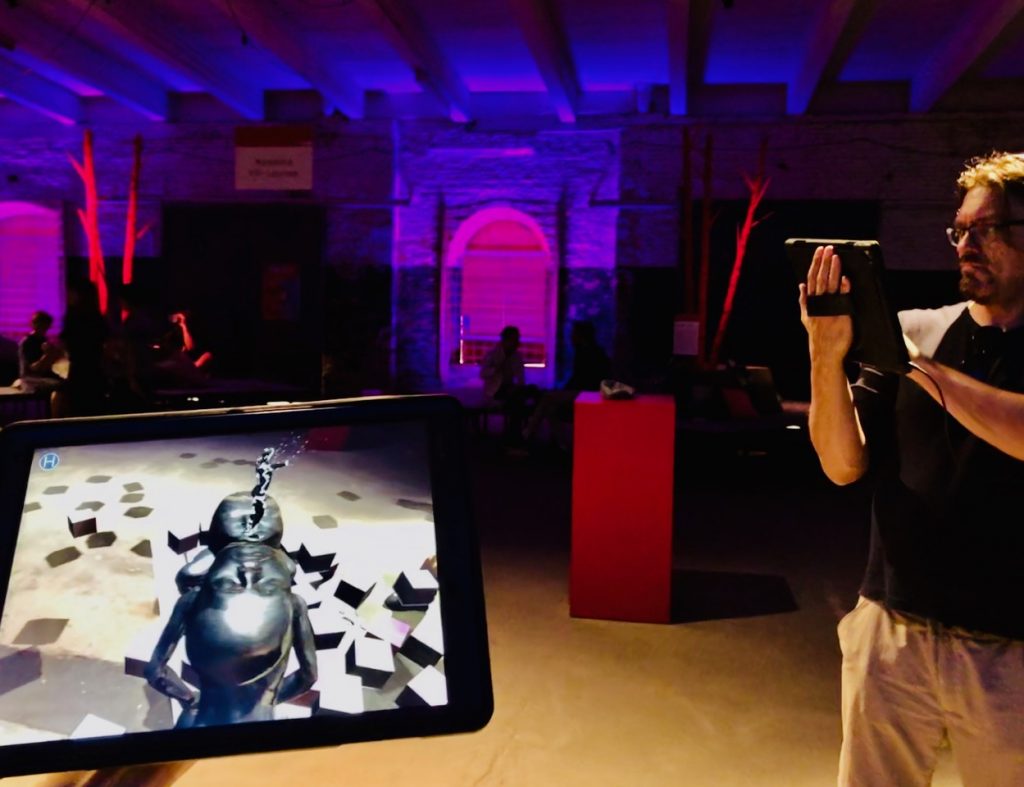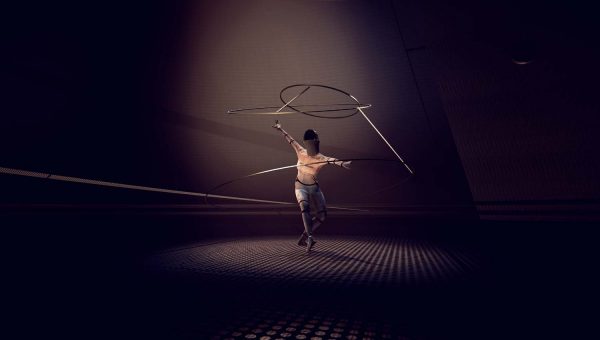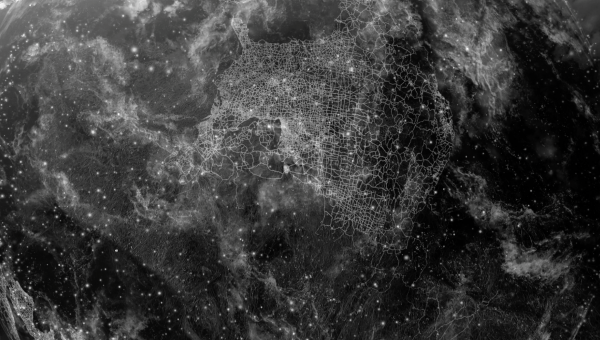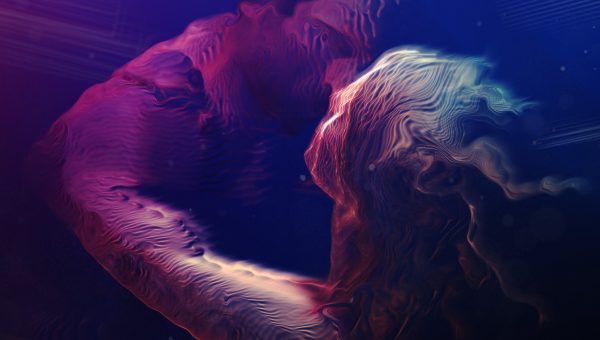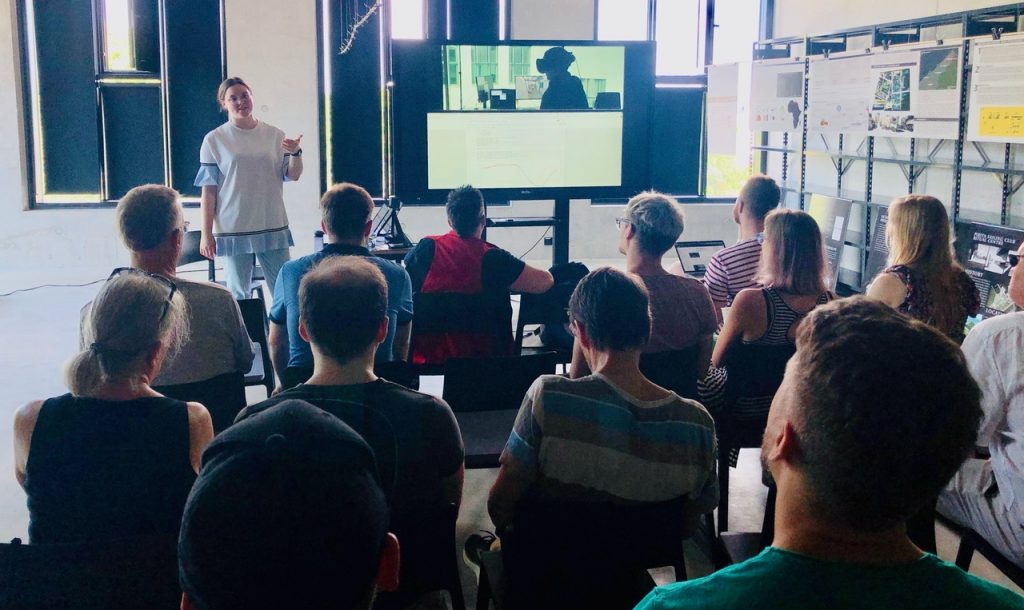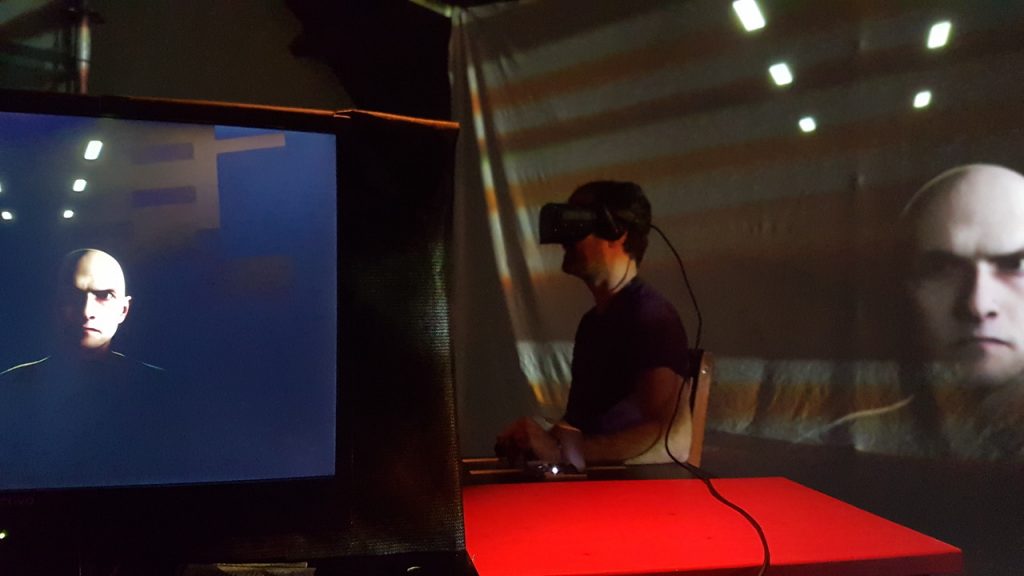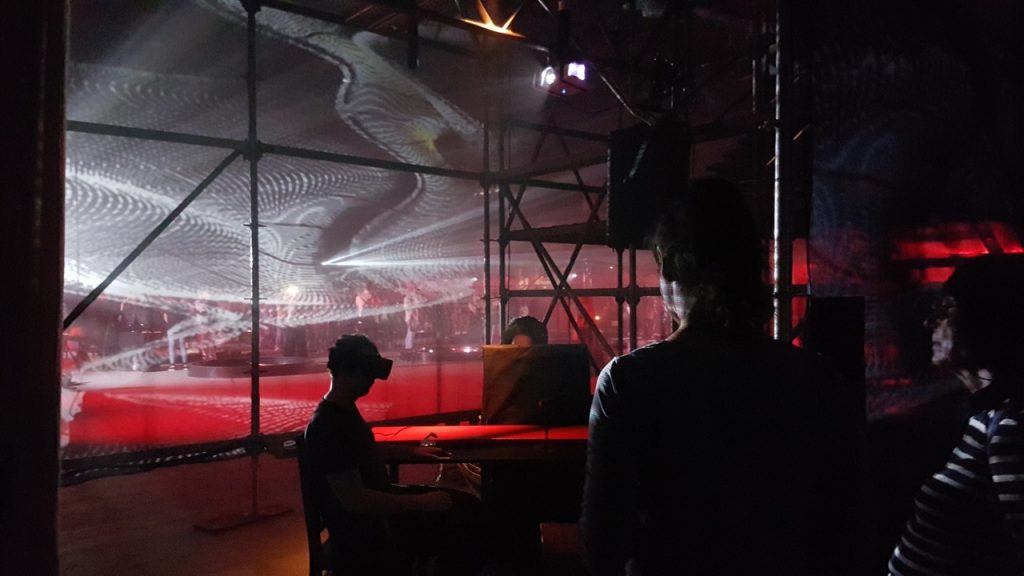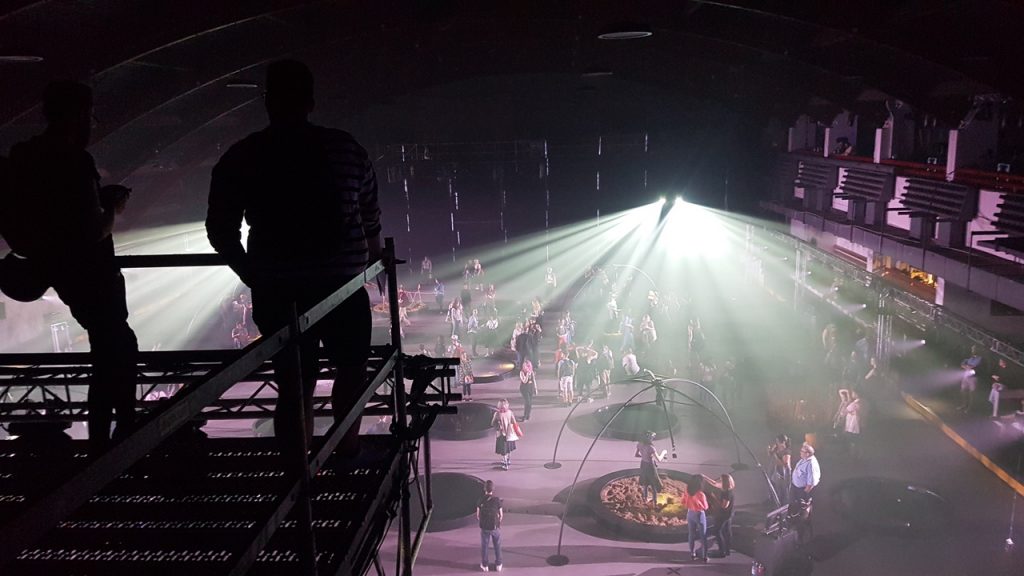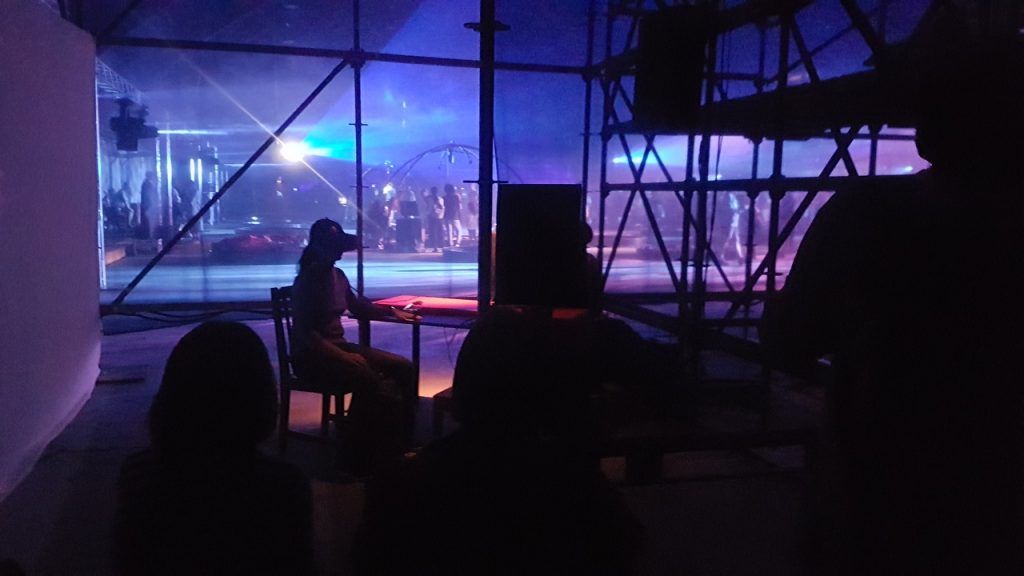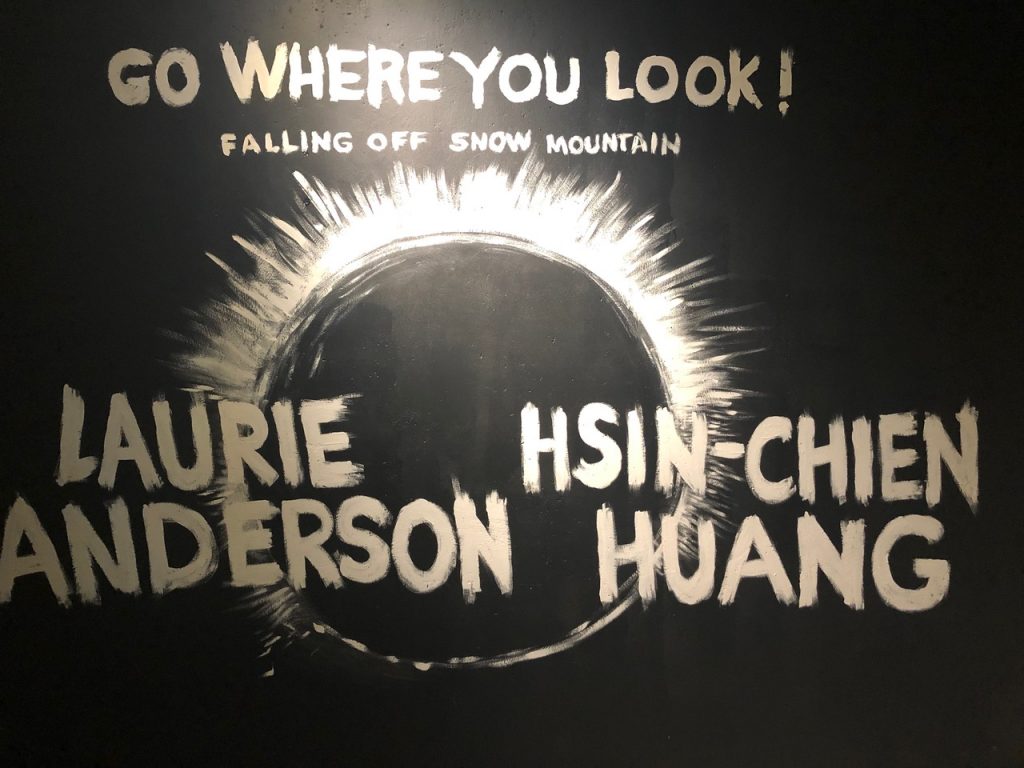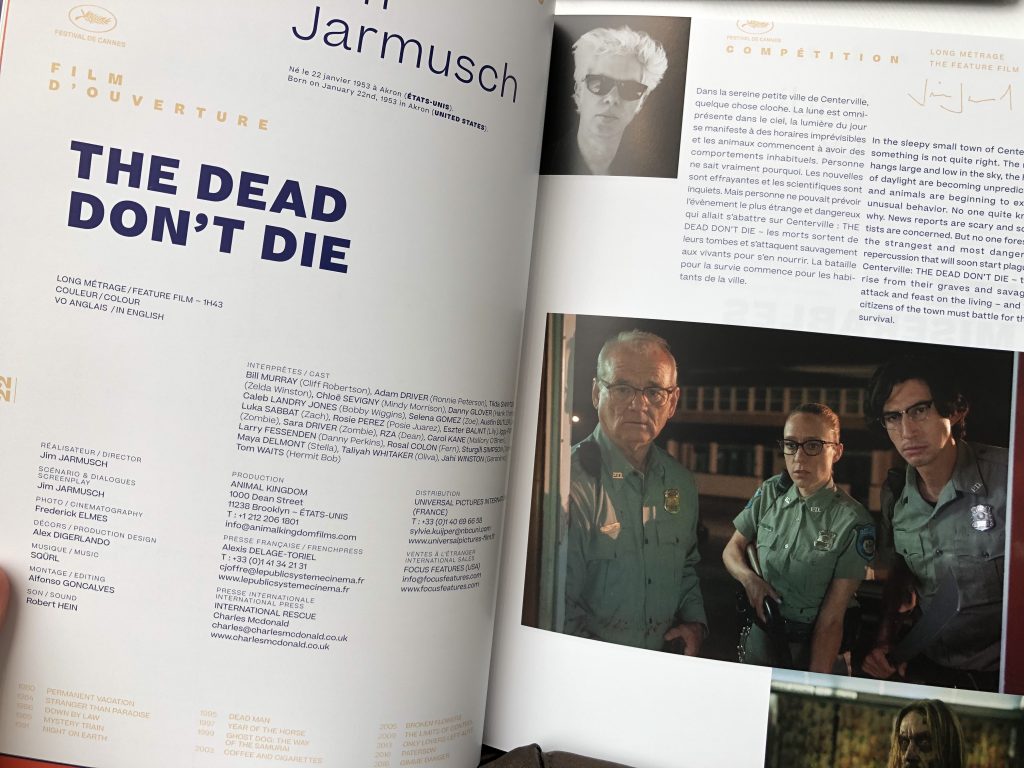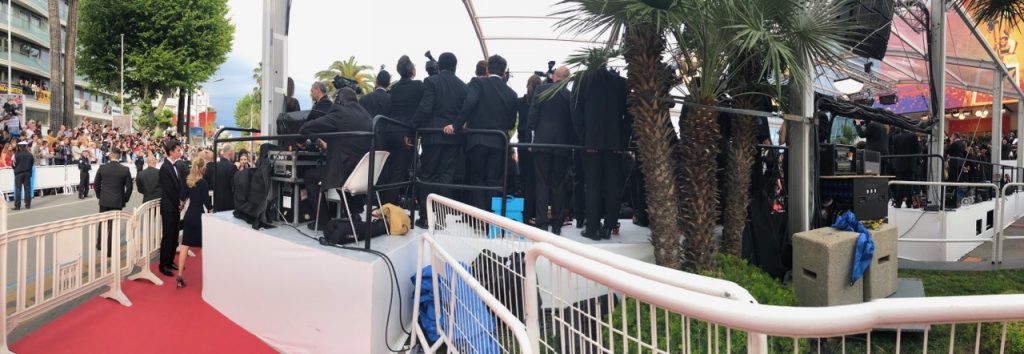New dates for the 8th ECREA conference: 6-9 September 2021
Dear ECC 2020 conference applicants, dear ECREA members,
We would like to inform you that in consultation with the Local Organising Committee, the ECREA Executive Board has approved new dates for the 8th European Communication Conference: 6-9 September 2021. The conference was scheduled for 2-5 October 2020 but we had to make the uneasy decision to postpone. The different timelines and strategies of gradual withdrawal of pandemic prevention measures adopted by individual European countries have made it impossible to organise the event according to our standards of academic quality and hospitality.
The conference calendar will be revised and new important dates will be announced in the conference website.
We are looking forward to seeing you in Braga from the 6 to 9 September 2021.
The submission: ECC20-1152 title Addressing loneliness by means of enacted co-presence in XR has been accepted to the 8th European Communication Conference to be held in Braga, Portugal, October 2-5, 2020.
Braga, Portugal ECC Abstract submitted tikka et al.
| Addressing loneliness by means of enacted co-presence in XR | |
| Authors |
Pia Tikka1, Gholamreza Anbarjafari Shahab2, Doron Friedman3, Sergio Escalera4, Mauri Kaipainen5. 1University of Tallinn / BFM / MEDIT, Enactive Virtuality Lab, Tallinn, Estonia. 2University of Tartu, Intelligent Computer Vision iCV Lab, Tartu, Estonia. 3The Interdsiciplinary Center Herzliya, Sammy Ofer School of Communications / Advanced Reality Lab, Herzliya, Israel. 4University of Barcelona, Dept. Mathematics and Informatics / Computer Vision Center, Barcelona, Spain. 5Perspicamus Ltd, Company, Helsinki, Finland. |
| Abstract Text |
The very nature of the human species is social. Loneliness correlates with mental and physical ill-being within, for instance, the elderly, or people with disabilities, or other conditions causing reduced life-environment. Simultaneously, an increasing trend in the European lifestyle is to outsource taking care of such members of family into the hands of professional social and medical care. Yet, in the light of recent studies, loneliness can be considered a fatal condition. Loneliness reduces the ability to improve one’s life-conditions, motivation of taking care of one’s health, and affects negatively the functions of society. As an indication of the urgency of the matter, UK has even appointed a Minister of Loneliness. The issue dictates the need to figure out all plausible ways to fight loneliness. While human company must be the primary solution, other solutions must be considered to provide socio-emotional comfort to those who suffer of the lack of human accompaniment.
We propose storytelling and narratives as the key component of satisfactory social interaction. Stories told provide supportive structures for maintaining one’s identity and connectivity as part of the world. This talk takes a look at the intriguing question, whether advanced audiovisual technologies which allow immersive interactive experiences within virtual narratives, in some form, might contribute to relieve this sore issue. To emphasize, immersive technologies, here, VR/AR/XR, cannot as such provide fully satisfactory solutions for complex human issue of loneliness. However, as a range of solutions for socially assistive robot technologies have already been proposed by others, it may be appropriate to balance the so far technology-dominated discussion with the deeply human approach of storytelling. The talk outlines efforts to combine the art of interactive audiovisual storytelling with already existing advanced technologies to explore the interconnections between loneliness and technology. It discusses empowering solutions to loneliness, while being mindful of technological determinism. ECREA’s Executive Board and the Local Organizing Committee of the 2020 ECC in Braga are closely monitoring the rapidly evolving COVID-19 pandemic as we are concerned about the health and well-being of our members and conference attendees. The conference dates (2-5 October, 2020) remain unchanged at the present time but we wish to announce changes to the deadline for the acceptance of invitations and the registration period to take account of this period of uncertainty and give you more time to make decisions about attendance. We would greatly appreciate it if you could log in through the link below and confirm or decline the presentation of your paper at the conference. The new deadline for your decision is June 15, 2020. Registration will open on June 15, 2020 and the early bird registration will be correspondingly extended. To reiterate, our intention at present is to go ahead with the physical conference in October but we will review this on an ongoing basis as well as engaging in contingency planning. We are not contemplating a virtual conference as an alternative to the physical conference. Please take care of yourself, your family and your loved ones. Further updates will follow in due course. ABSTRACT REVIEW RESULTS: Link: https://www.czech-in.org/cmPortalV15/Portal/ECC20/normal
|
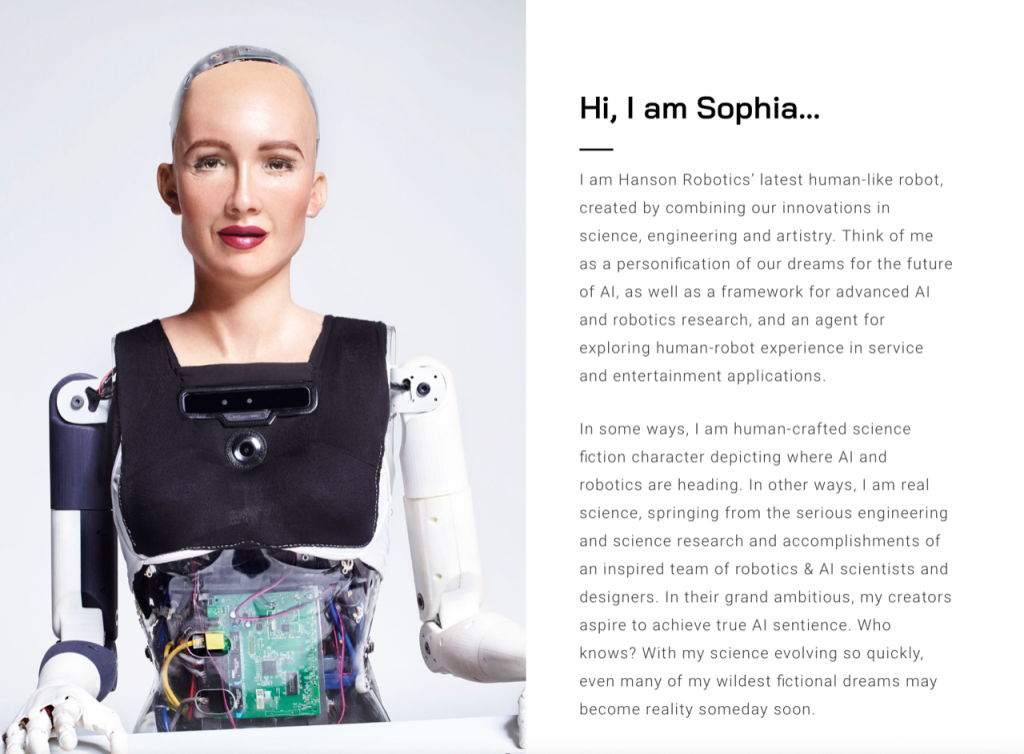
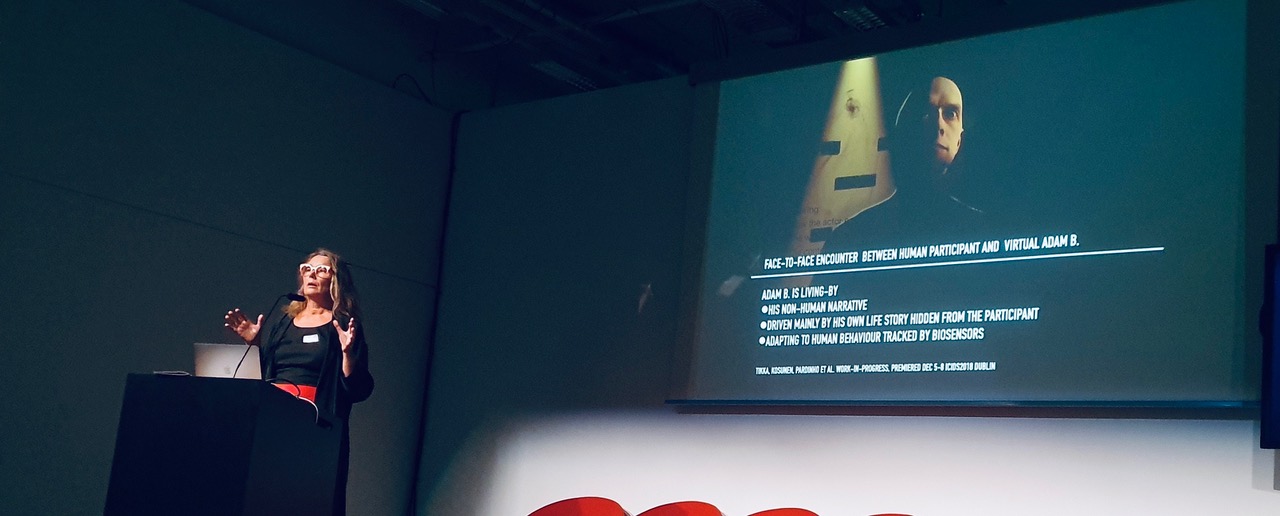
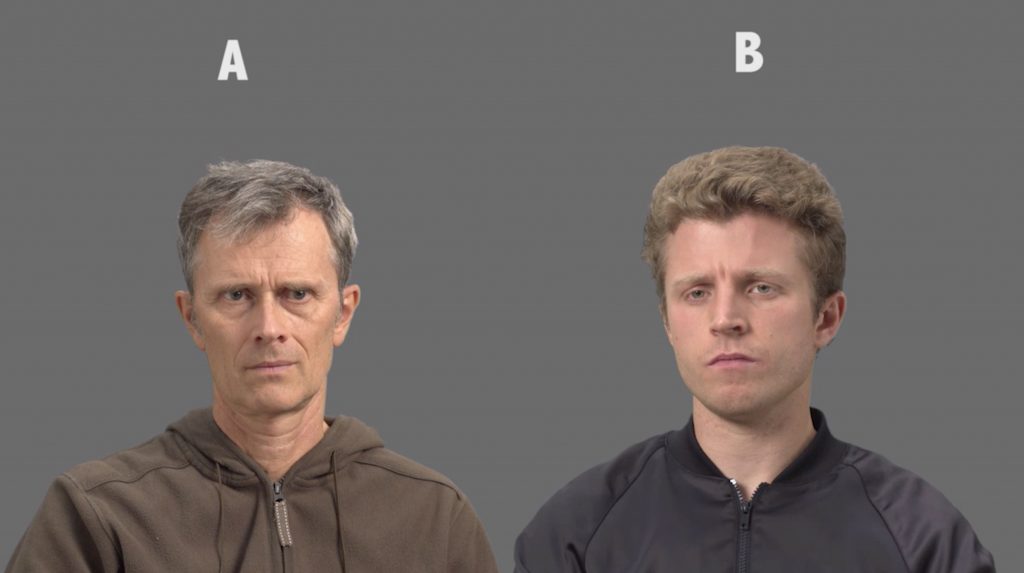
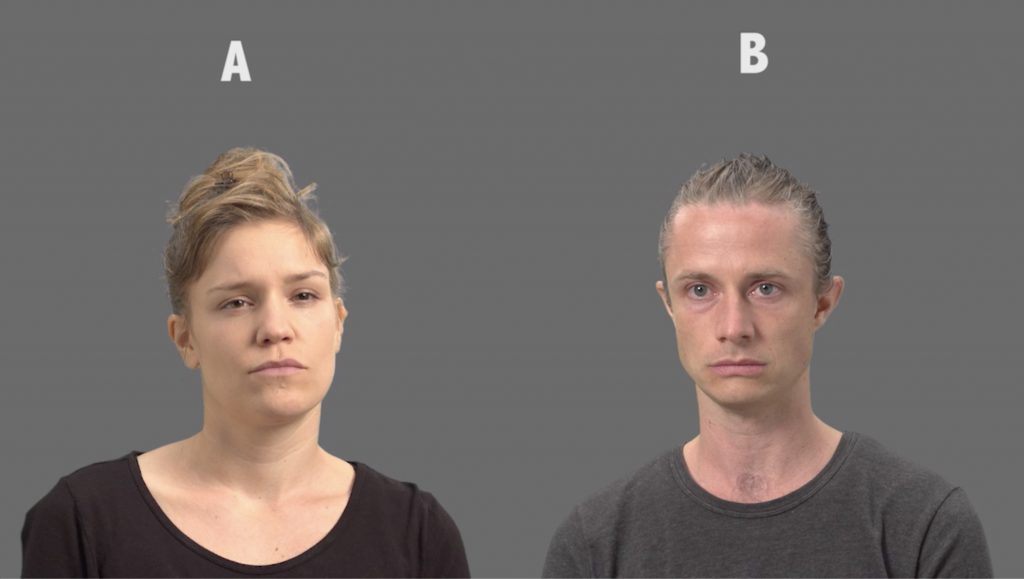
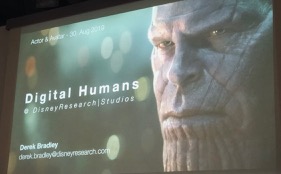
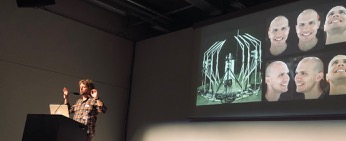
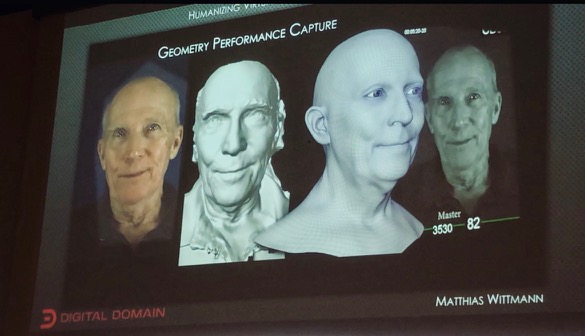
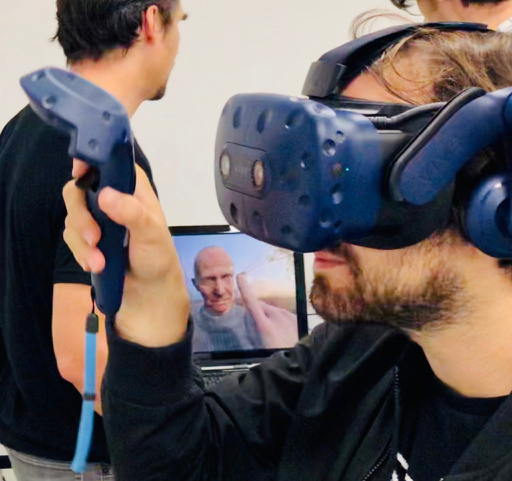
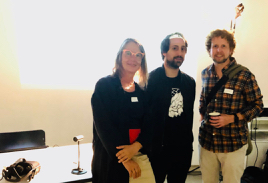 Industry engagement: Derek Bradley, Walt Disney Research Studio Zürich was one of the enactive experienters of facing Adam B in the State of Darkness. Here with Pia Tikka and Victor Pardinho (
Industry engagement: Derek Bradley, Walt Disney Research Studio Zürich was one of the enactive experienters of facing Adam B in the State of Darkness. Here with Pia Tikka and Victor Pardinho (